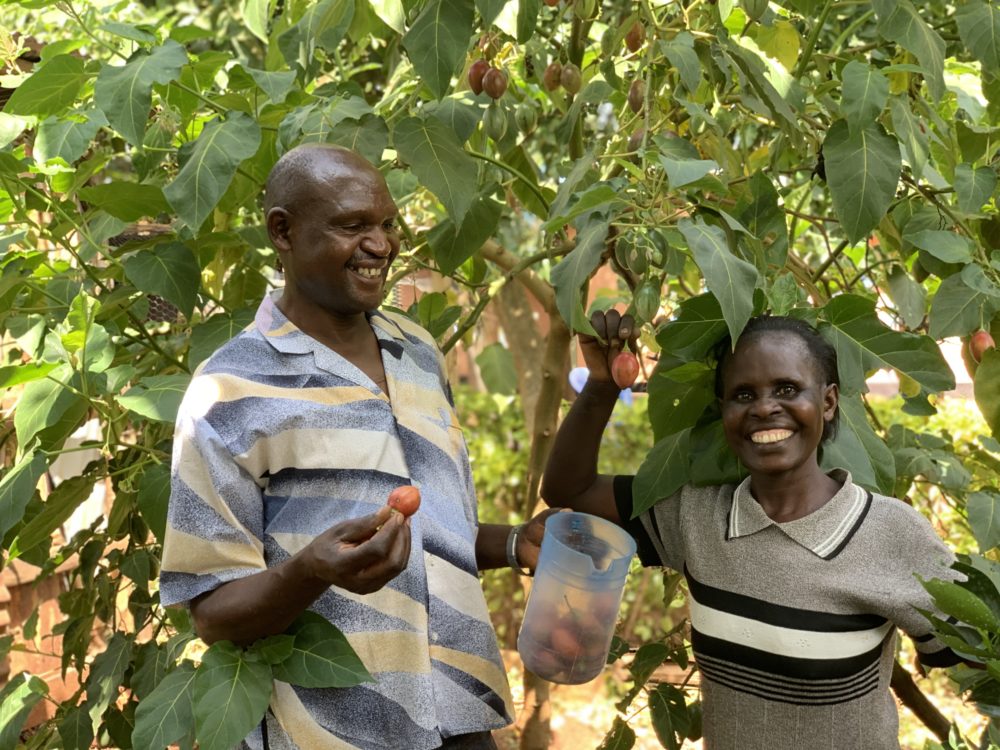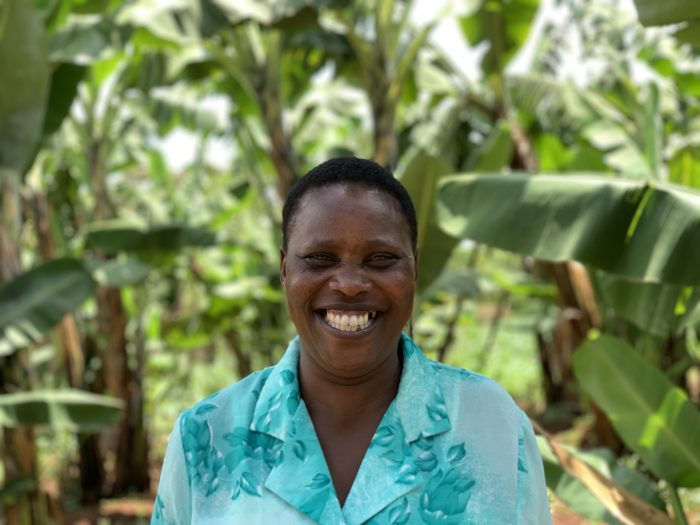I am Generation Equality: Realizing Women’s Rights Through Agroforestry”
Date
March 7, 2020
It’s 25 years since governments across the globe adopted the Beijing Declaration and the Platform for Action. It remains the most progressive global policy for addressing the rights of women and girls; and the realization of gender equality. Progress has been made in different areas such as education, health, politics among others. However, a lot is yet to be achieved when it comes to agroforestry practices. Women still struggle with access to and control over productive resources. They still have far less opportunities than men and shoulder most unpaid care and work, especially among smallholder farmers. Gender-based discrimination and violence are further reinforced by negative social norms and stereotypes in the society which have been perpetuated over time thereby normalising gender inequality. Their active and meaningful participation in decision making is work in progress at all levels and requires special attention. Gender inequality a lot to do with power relations where patriarchy has over the years pushed women away from the limelight thereby denying them their human rights.
According to a study conducted by IUCN on “Gender-based violence and environment linkages: The violence of inequality”. Environmental degradation adversely impacts girls and women as increasing competition over diminishing natural resources has resulted in higher rates of gender-based violence and exploitation.
Sustainable Agriculture Land Management (SALM) practices require women and men to work together for prosperity. The exclusion of women could have serious repercussions because we are all part of the system when it comes to utilisation of natural resources. The SALM model is an inclusive approach that ensures both current and future generations access to natural resources. SALM has increased opportunities for women to participate actively and meaningfully whilst enjoying the benefits of agroforestry at all levels in society.

Women and girls are demanding for their rights. All of us have a role to play in ensuring their rights are realised and protected. Collectively we can create an enabling environment for women and girls to actively and meaningfully participate in issues that affect them and the society. Practically it means being conscious of the situations of women and girls; understanding their vulnerabilities and creating a fair platform for their engagement whilst they have access to opportunities.
Gender equality is a human right and must be respected for the prosperity of the society. Vi Agroforestry acknowledges the linkages between gender equality and climate and continues to work with partners and other stakeholders realise equal rights for women, men girls and boys.
I am Generation Equality! We can do this together!